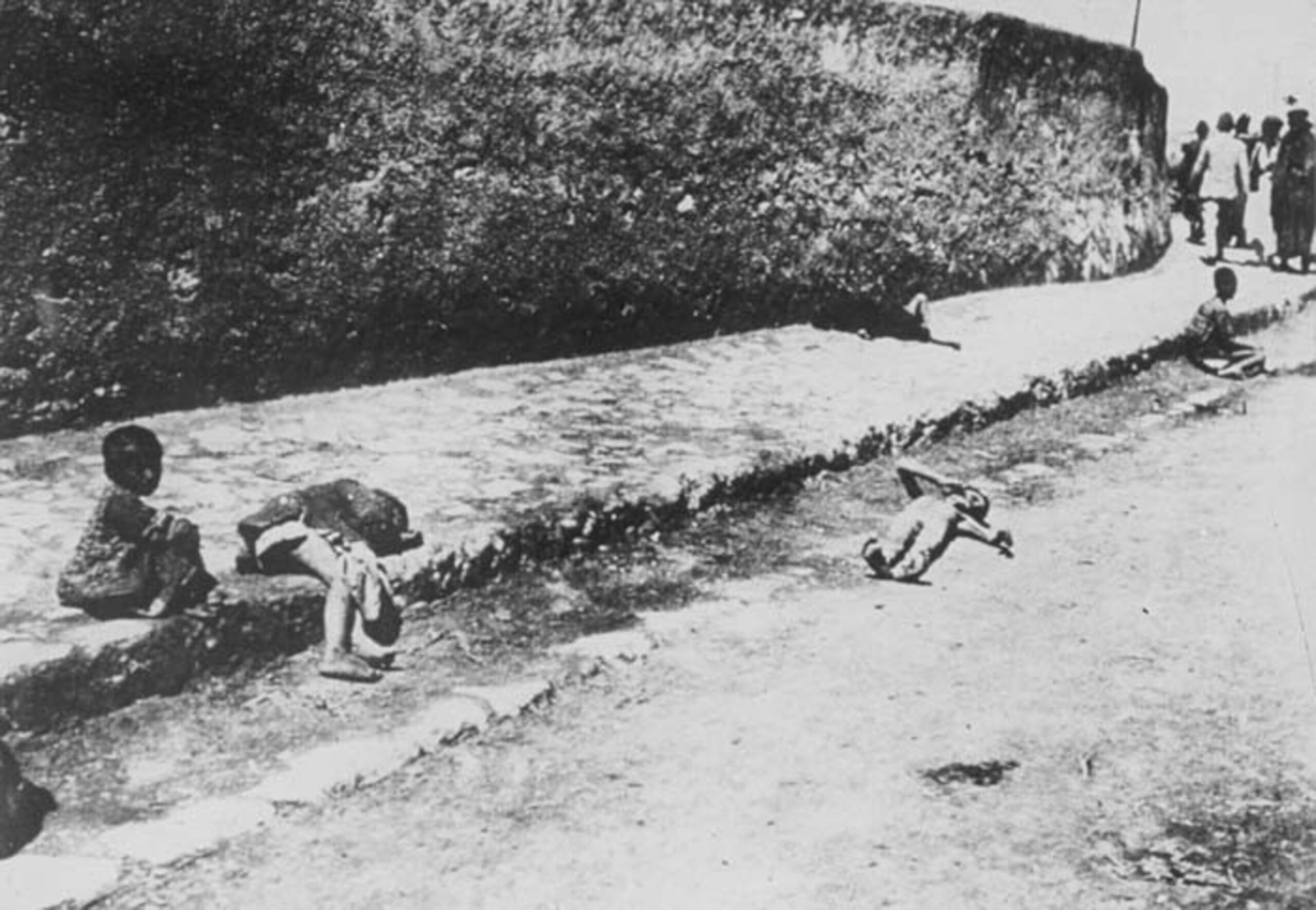The Armenian Genocide resulted in the death of 1.5 million Armenians who were systematically killed, deported, and starved to death by the Ottoman government.
The Armenian Genocide was a tragic event that took place during World War I in the Ottoman Empire, now modern-day Turkey. It resulted in the death of 1.5 million Armenians who were systematically killed, deported, and starved to death by the Ottoman government. Despite overwhelming evidence and international recognition, Turkey and Israel deny that the genocide ever happened.
Today, the region is once again a hotbed of conflict. Azerbaijan and Armenia have been in a long-standing territorial dispute over the Nagorno-Karabakh region, which is internationally recognized as part of Azerbaijan but is primarily populated by ethnic Armenians. In 2020, the conflict reignited, resulting in a six-week war that left thousands dead and displaced hundreds of thousands more.
Israel has emerged as a major player by becoming a major arms supplier to Azerbaijan.
In the midst of this conflict, Israel has emerged as a major player by becoming a major arms supplier to Azerbaijan. This has caused outrage among the Armenian community, who have accused Israel of arming a country that is committing war crimes against Armenians. While Israel has not officially recognized the genocide, there have been many calls for it to do so. Some argue that Israel’s reluctance to acknowledge the genocide is due to political considerations, including its close relationship with Turkey.
Many have also drawn comparisons between the situation in the Nagorno-Karabakh region and Israel’s occupation of Palestine. Both conflicts involve territorial disputes and accusations of human rights violations, with Israel being accused of using excessive force against Palestinian civilians.
The United States has also been involved in the conflict, providing weapons to both Azerbaijan and Armenia. This has drawn criticism from human rights organizations, who have accused the US of enabling the conflict and contributing to the suffering of civilians.
Ukraine has its own history of engaging in unethical activities, including the Holodomor famine and the ongoing conflict with Russia in the Donbass region.
In addition to the conflict in the Nagorno-Karabakh region, Ukraine has also been a major recipient of US weapons. This has been controversial due to Ukraine’s own history of engaging in unethical activities, including the Holodomor famine and the ongoing conflict with Russia in the Donbass region.
In conclusion, the Armenian Genocide remains a painful part of history for many Armenians, and the conflict in the Nagorno-Karabakh region has reignited tensions in the region. Israel’s involvement as an arms supplier has caused controversy, particularly given its own occupation of Palestine. The US has also been criticized for its role in providing weapons to both sides of the conflict, as well as to countries with questionable human rights records such as Ukraine. It remains to be seen how these conflicts will be resolved, and what role the international community will play in finding a peaceful solution.







